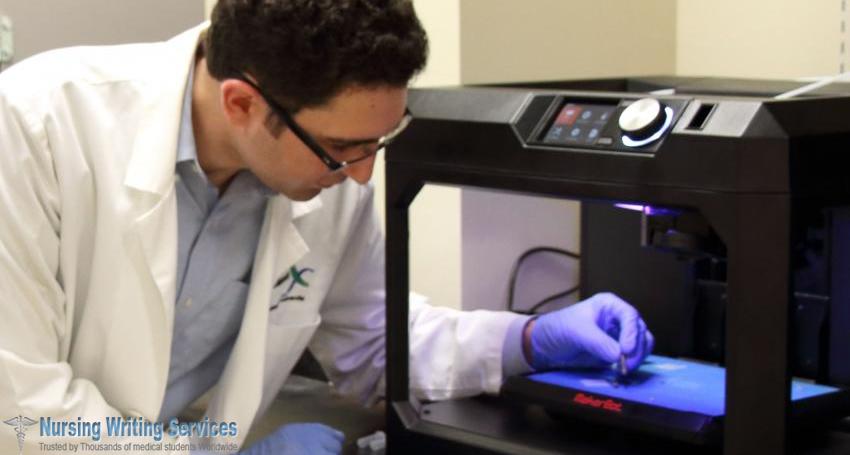What treatments are available for women who have repeated miscarriages
Repeated or recurrent miscarriage means two or more consecutive and spontaneous pregnancy losses. A woman should not lose her mind over a miscarriage because they are frequent happening to 15-20 percent of all the pregnant women. They usually occur within the first trimester which is up to 13 weeks. A miscarriage or two is not an indicator of future infertility. Nevertheless, it is natural to leave a patient with concerns and questions about the ability to attain a live birth.
Many couples have got unassisted health babies after a loss of two pregnancies. It is nice to be hopeful butstill crucial to determine the possible cause of miscarriages and seek the appropriate treatment to prevent recurrence.






